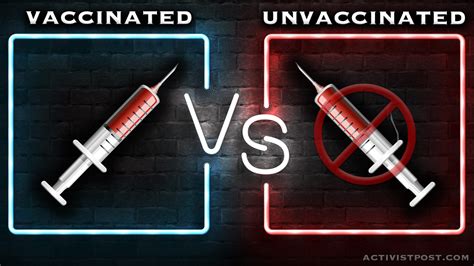Antibodies Persist for More Than a Year After COVID-19 Infection, Study Finds
By Ivan Pentchoukov
The immune systems of the vast majority of people who have been infected with the CCP virus will continue to carry antibodies against the virus for at least 12 months, according to a peer-reviewed study accepted by the European Journal of Immunology on Sept. 24.
Scientists at the Finnish Institute for Health and Welfare studied the presence of antibodies in 1,292 subjects after eight months of infection. They found that 96 percent of the subjects still carried neutralizing antibodies and 66 percent still carried a type of antibody called nucleoprotein IgG.
The scientists then investigated antibody levels one year after infection by randomly selecting 367 subjects from the original cohort who had not yet been vaccinated. Eighty-nine percent of the subjects still carried neutralizing antibodies, and 36 percent still carried the IgG antibody.
Antibody levels were higher in subjects who experienced severe COVID-19 disease. Compared to those who had mild disease, these subjects had two to seven times as many antibodies for at least 13 months after infection.
“Studies of individuals who have recovered from [CCP virus] infection are crucial in determining for how long antibodies persist after infection and whether these antibodies protect against re-infection,” the scientists wrote (pdf).
Despite lasting protection against the wild-type CCP virus, the study found that the neutralization efficiency against the Alpha, Beta, and Delta variants waned over time. The reduction in efficiency was “considerably declined” for the Beta variant and was “only slightly reduced” against the Alpha variant. For the Delta variant, which is the dominant strain in the United States, the study found that 80 percent of the subjects still had immune protection 12 months after infection.
A study published in Nature Medicine in May found that the levels of neutralizing antibodies in a person are highly predictive of immune protection against infection and severe disease caused by the CCP (Chinese Communist Party) virus, commonly known as the novel coronavirus. Prior studies have shown that antibodies persist 6 to 12 months after infection.
Despite the robust and lasting protection after an infection, CCP virus vaccine mandates in the United States offer no exemptions based on acquired immunity. An Epoch Times review of vaccine mandates for U.S. colleges and universities did not find a single school offering exemptions to students who had acquired immunity. Recent mandates imposed on the state and federal level likewise ignore acquired immunity.
Vaccine Antibodies Decline 7 Months After Second Shot: US Study
By Tammy Hung
Antibody levels generated by two shots of the Pfizer-BioNTech vaccine can undergo up to a 10-fold decrease seven months following the second vaccination, research suggests.
The drop in antibody levels will compromise the body’s ability to defend itself against COVID-19 if the individual becomes infected.
In a recent BioRxiv study published ahead of peer-review, many recipients of the vaccine displayed substantial waning of antibodies to the CCP (Chinese Communist Party) virus, or SARS-CoV-2, and its variants including Delta, Beta, and Mu.
Bali Pulendran of Stanford University and Mehul Suthar of Emory University told Reuters that the study shows “vaccination with the Pfizer-BioNtech vaccine induces high levels of neutralizing antibodies against the original vaccine strain, but these levels drop by nearly 10-fold by seven months.”
While the body has other defense mechanisms in place to ward off the virus, Pulendran and Suthar added that antibodies “are critically important in protecting against SARS-CoV-2 infection.”
The study focused on 46 healthy participants who had received two doses of the Pfizer-BioNTech vaccine. The participants’ blood was tested once after receiving the second vaccination and once again after six months.
Researchers suggested administering a third booster vaccination as a measure to improve vaccine efficacy.
Earlier reports of data from a phase one study showed that participants had a higher level of neutralization antibody titers against the CCP virus’s Delta variant after getting a booster—a third dose—versus those who just received two doses, officials said.
“The third dose elevates the neutralizing antibodies in our laboratory studies to up to 100 times higher levels [after the third dose] compared to [before],” Mikael Dolsten, Pfizer’s chief scientific officer, told investors in a call earlier this year.
The two-dose Pfizer vaccine was found to be 96 percent effective for the first two months following the second dose, according to a July 28 study from the companies’ scientists.
Read More From The PatriotAmerican
The research paper outlined a drop in efficacy to 83.7 percent after four to six months.
The Pfizer-BioNTech vaccine is the most widely used in the United States. More than 226 million doses have been administered as of Sept. 30, versus 151 million Moderna shots and 15 million from Johnson & Johnson.

